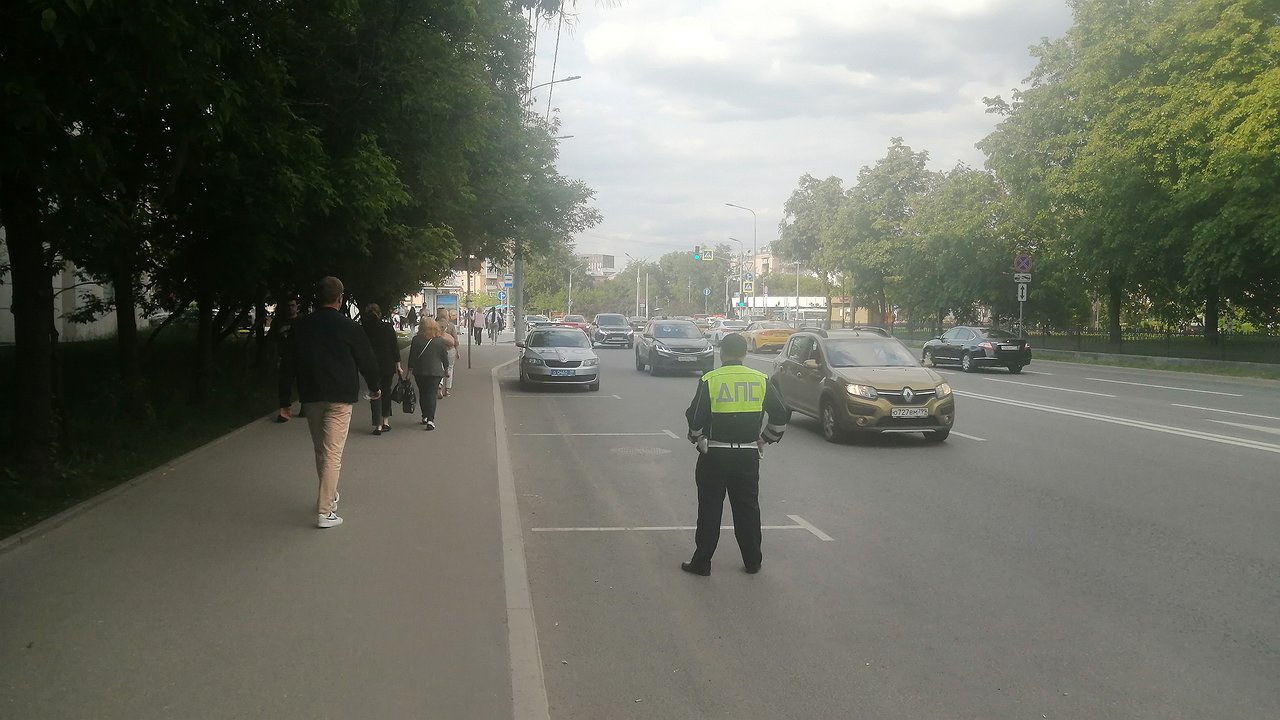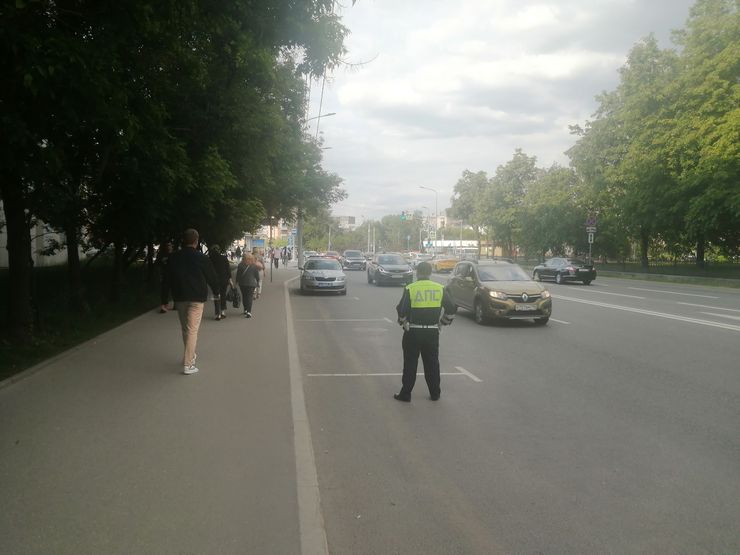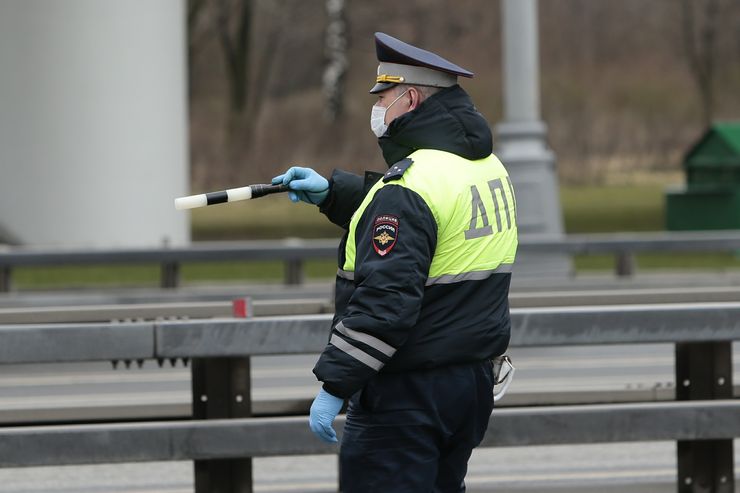When a traffic cop can find a fault with an engine “sweating” with oil
- August 14, 2023
- 0
The ‘great love’ of a car owner for traffic cops usually does not arise out of the blue. As a rule, it is preceded by a meeting of
The ‘great love’ of a car owner for traffic cops usually does not arise out of the blue. As a rule, it is preceded by a meeting of

The scenario of police lawlessness, which will be described below, looks primitive and far-fetched only if you look at the situation from the side, so to speak, from the “bench”. Most skeptical theorists find themselves in a similar situation somewhere on a suburban highway, far from civilization and even in a foreign region. would let go! It usually happens like this.
A traffic police team is standing by on a deserted road. Checks the documents of drivers of passing cars. Among them, they choose a passenger car that is not new, five years or older. Better – if it is a used German “premium”. Or a big “American”. What gives hope for a meeting with a rich person who manages it. To begin with, the police do not immediately approach the stopped vehicle, but slowly take care of the previously stopped cars. And only after drawing the time as much as possible, the employee is sent to the potential victim of the “divorce”. He approaches and carefully looks at the ground under the stationary car – suddenly, during a short stop, oil dripped from the engine!
If he sees a characteristic mark on the ground there, he can immediately proceed to the second stage of “processing” the driver. When all is dry, when checking documents, the police would have some suspicions about the accuracy of the data reported in the STS. Or (as an option) the mechanic decides to make sure that the headlights in the car are really regular. In any case, the purpose of such patrol maneuvers is to force the driver to raise the bonnet.
And there the traffic cop will carefully monitor any traces of oil on the surface of the engine: either a “sweaty” gasket, or drips due to non-functioning crankcase ventilation. The fact is that there is such a document: “List of malfunctions and conditions under which operation of the vehicle is prohibited.”
This found, among other things, a violation of “tightness of the seals and joints of the engine, gearbox, final drives, rear axle, clutch, battery, cooling and air conditioning systems”.
And there is also a line about “violation of the tightness of the crankcase ventilation system.” That is, the slightest drop on the engine formally allows you to establish a protocol under the first part of article 12.5 of the Code of Administrative Violations. It will cost the driver only 500 rubles fine. A trifle. But at the same time it is possible to write to the driver a requirement not to use the vehicle again until the malfunction is corrected. If a citizen does not comply, he risks being detained for 15 days.
Replace the “sweating” oil gasket in the engine right at the stop by the inspector on the grounds of a vanishingly small number of motorists. Calling a tow truck that could deliver an allegedly horribly broken car to qualified military personnel from that darkness cockroach where the meeting with the crafty law enforcement officer took place usually turns out to be a difficult and lengthy task. Such thoughts, as a rule, immediately flash through the head of a driver who has fallen under this kind of police pressure, and he gladly donates a fraction of his money to the “aid fund for needy children” of his interlocutor in uniform. The scheme is simple, elegant and practically hassle-free – if you feel like it.


The scenario of police lawlessness, which will be described below, looks primitive and far-fetched only if you look at the situation from the side, so to speak, from the “bench”. Most skeptical theorists find themselves in a similar situation somewhere on a suburban highway, far from civilization and even in a foreign region. would let go! It usually happens like this.
A traffic police team is standing by on a deserted road. Checks the documents of drivers of passing cars. Among them, they choose a passenger car that is not new, five years or older. Better – if it is a used German “premium”. Or a big “American”. What gives hope for a meeting with a rich person who manages it. To begin with, the police do not immediately approach the stopped vehicle, but slowly take care of the previously stopped cars. And only after drawing the time as much as possible, the employee is sent to the potential victim of the “divorce”. He approaches and carefully looks at the ground under the stationary car – suddenly, during a short stop, oil dripped from the engine!
If he sees a characteristic mark on the ground there, he can immediately proceed to the second stage of “processing” the driver. When all is dry, when checking documents, the police would have some suspicions about the accuracy of the data reported in the STS. Or (as an option) the mechanic decides to make sure that the headlights in the car are really regular. In any case, the purpose of such patrol maneuvers is to force the driver to raise the bonnet.
And there the traffic police officer will carefully monitor any traces of oil on the surface of the engine: either a “sweaty” gasket, or drops due to non-functioning crankcase ventilation. The fact is that there is such a document: “List of malfunctions and conditions under which operation of the vehicle is prohibited.”
This found, among other things, a violation of “tightness of the seals and joints of the engine, gearbox, final drives, rear axle, clutch, battery, cooling and air conditioning systems”.
And there is also a line about “violation of the tightness of the crankcase ventilation system.” That is, the slightest drop on the engine formally allows you to establish a protocol under the first part of article 12.5 of the Code of Administrative Violations. It will cost the driver only 500 rubles fine. A trifle. But at the same time it is possible to write to the driver a requirement not to use the vehicle again until the malfunction is corrected. If a citizen does not comply, he risks being detained for 15 days.
Replace the “sweating” oil gasket in the engine right at the stop by the inspector on the grounds of a vanishingly small number of motorists. Calling a tow truck that could deliver an allegedly horribly broken car to qualified military personnel from that darkness cockroach where the meeting with the crafty law enforcement officer took place usually turns out to be a difficult and lengthy task. Such thoughts, as a rule, immediately flash through the head of a driver who has fallen under this kind of police pressure, and he gladly donates a fraction of his money to the “aid fund for needy children” of his interlocutor in uniform. The scheme is simple, elegant and practically hassle-free – if you feel like it.
Source: Avto Vzglyad
Donald Salinas is an experienced automobile journalist and writer for Div Bracket. He brings his readers the latest news and developments from the world of automobiles, offering a unique and knowledgeable perspective on the latest trends and innovations in the automotive industry.